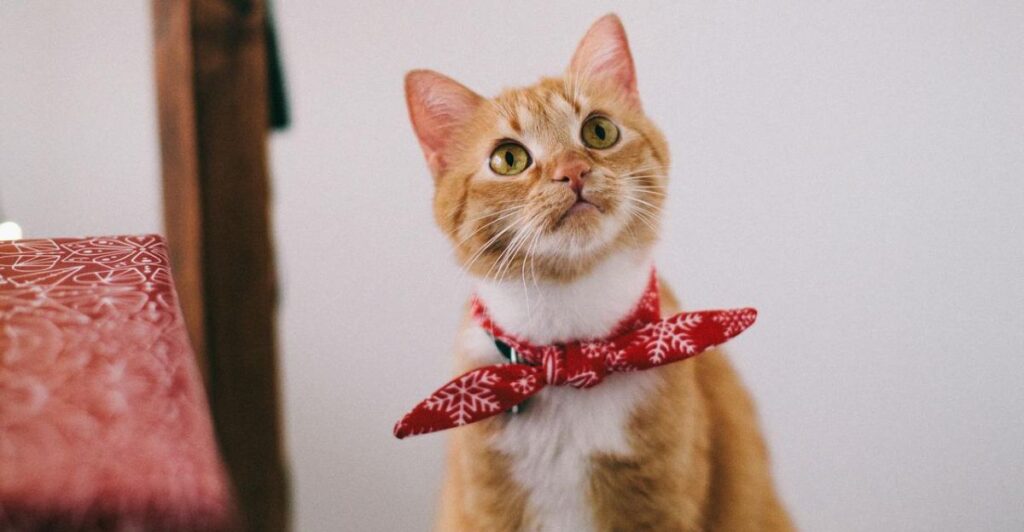
Cat owners know the joy of living with their feline companions, but unpleasant smells can often disrupt the harmony. Odors can cling to furniture and carpets or even linger in the air, which makes a fresh home seem impossible. Thankfully, expert-approved strategies can eliminate these challenges. Here are 12 ways to enjoy a clean and welcoming space without sacrificing your cat’s comfort or peace of mind.
1. Daily Litter Box Scooping
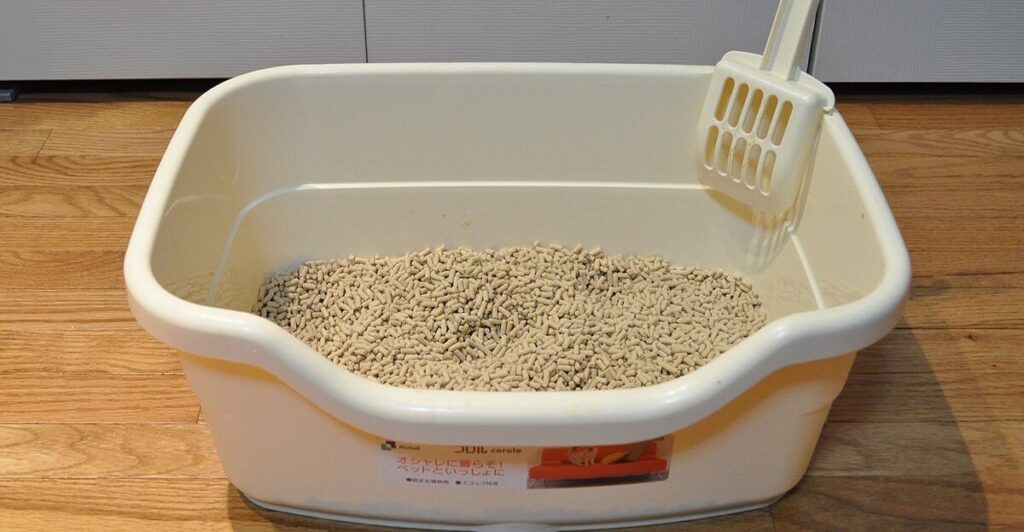
Did you know a single cat can use the litter box up to five times a day? Scooping waste every day prevents odors from embedding into the litter. Neglecting this can cause ammonia buildup and a pungent and harmful smell. Pair this habit with a deodorizing mat under the box to catch stray litter and maintain a fresh-smelling home.
2. Enzymatic Cleaner for Urine Spots

Cat urine contains uric acid, which can linger for years without proper cleaning. Use enzymatic cleaners specifically designed to break down these acids. Spray the solution directly onto accidents, allowing it to penetrate deeply. Unlike soap-based cleaners, enzymatic neutralizes odors permanently, which makes this the go-to solution for stubborn urine smells.
3. Air Purifiers for Dander Reduction
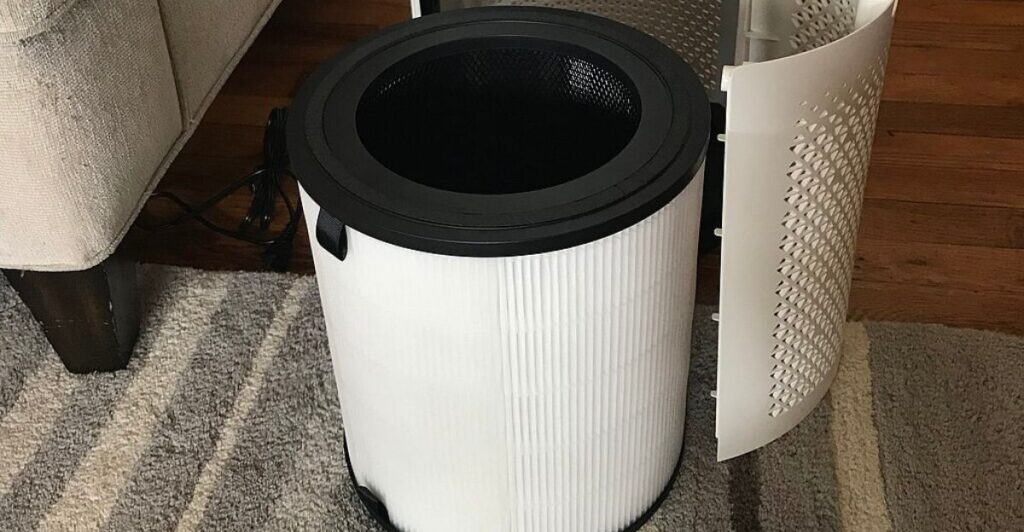
Air purifiers with HEPA filters eliminate 99.97% of airborne particles, including pet dander. Pet dander contributes to smells by carrying oils and bacteria. Position purifiers strategically in odor-heavy areas, such as rooms with litter boxes. These devices not only neutralize odors but also improve air quality.
4. Weekly Grooming Sessions
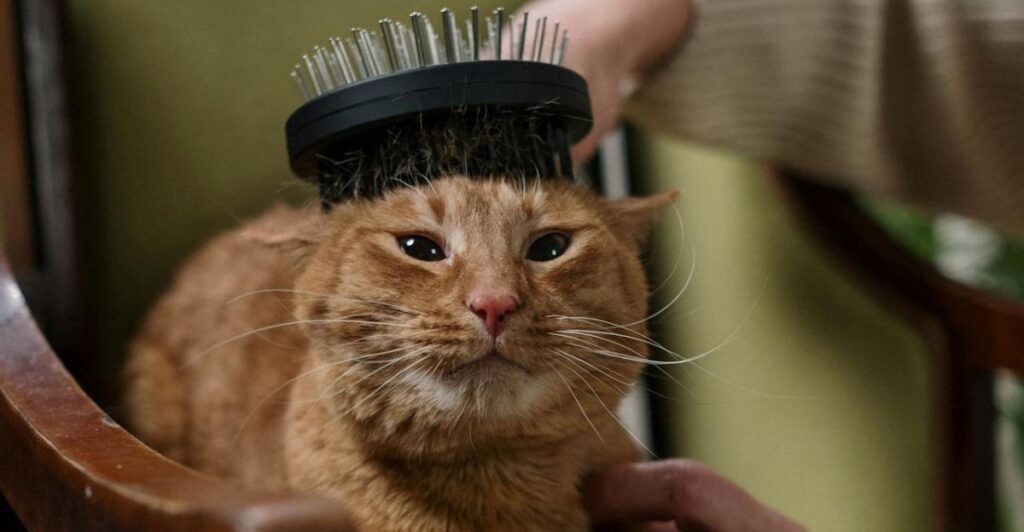
Cats groom themselves, but supplemental brushing reduces shedding. Loose fur traps oils that eventually contribute to odors. Long-haired breeds are particularly prone to matting, which can harbor bacteria. Moreover, regular brushing and occasional dry shampooing keep your cat cleaner and reduce smells naturally.
5. Washable Cat Bedding and Fabrics
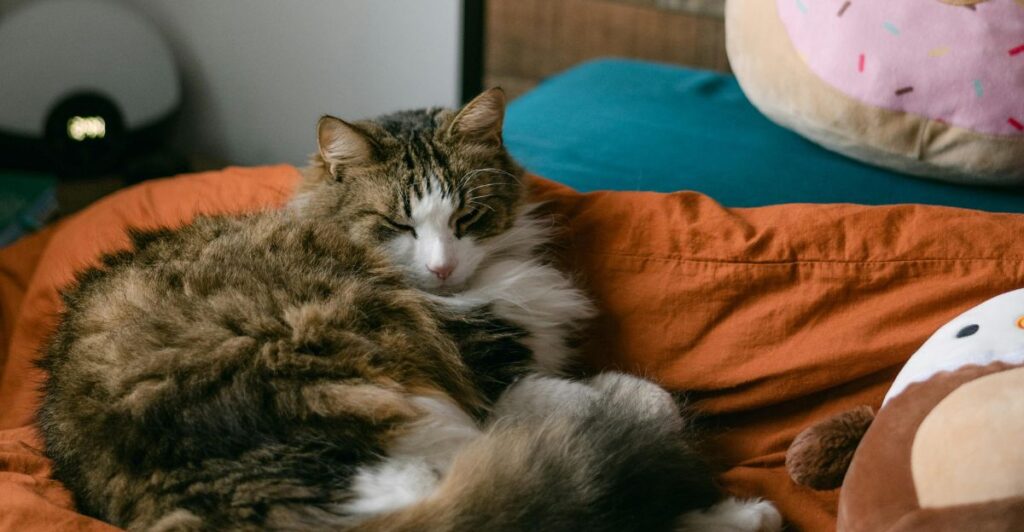
Many cat owners overlook washing their pet’s bedding regularly. You must wash these items in hot water every two weeks to eliminate bacteria, dander, and odors. For fabric furniture, use machine-washable covers to simplify maintenance. Fresh fabrics ensure smells don’t seep into soft surfaces, providing a cleaner environment for you and your pet.
6. Baking Soda on Carpets

Baking soda is one of the best odor absorbers many pet owners use. Sprinkle it on carpets and leave it for 30 minutes before vacuuming. This alkaline powder neutralizes acidic smells without masking them. Avoid using too much, as excess residue may affect carpet texture. It is a cost-effective and chemical-free method.
7. Ventilation with Natural Airflow

Ventilation may seem simple, but it’s often overlooked. Open windows for 15 minutes daily to circulate fresh air and dilute indoor odors. Use exhaust fans in key areas, like near the litter box. Pair natural airflow with light curtains to maximize cross-ventilation and keep your living space fresh and clean.
8. Charcoal Odor Absorbers
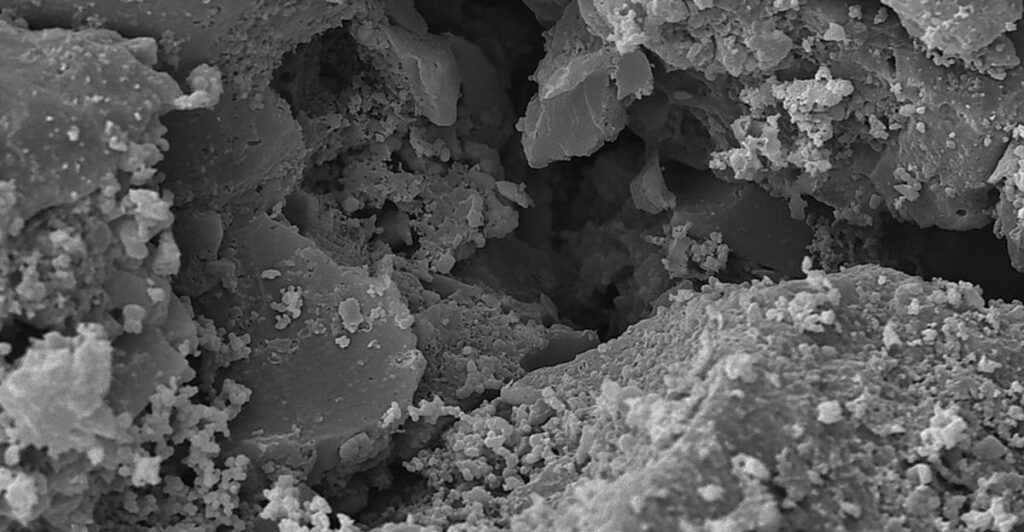
Activated charcoal is a powerhouse for odor absorption. Place small charcoal bags near the litter box or odor-heavy spots; they’ll draw out smells without adding chemicals to your home. These bags last up to two years and recharge monthly using sunlight. Unlike sprays, charcoal works silently and continuously.
9. High-Power Vacuuming
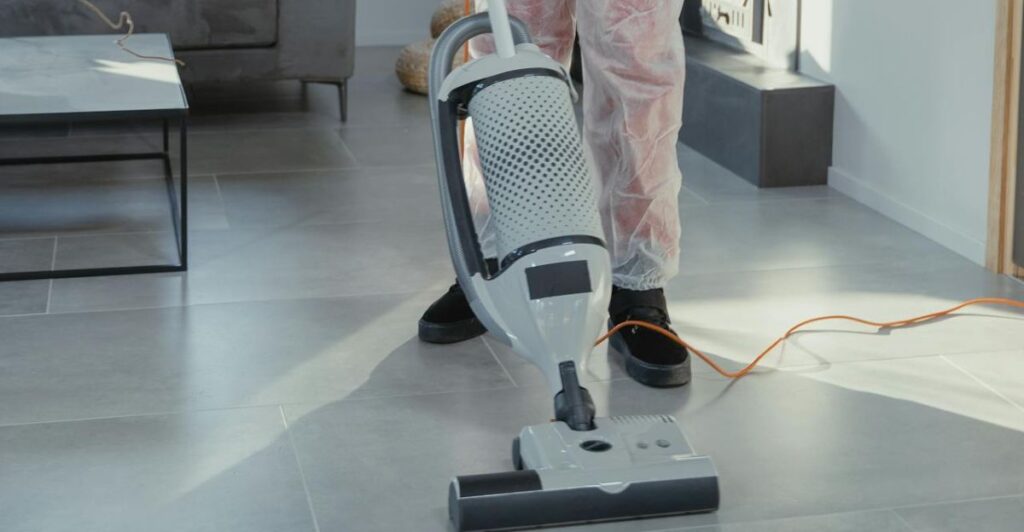
Dust and fur trap odors. A powerful vacuum suction and HEPA filter can effectively remove these culprits. Focus on corners, under furniture, and areas your cat frequents. Weekly vacuuming prevents debris from embedding into floors and keeps surfaces clean. Add a handheld vacuum for furniture to ensure every nook is odor-free.
10. Health Check for Odor Causes
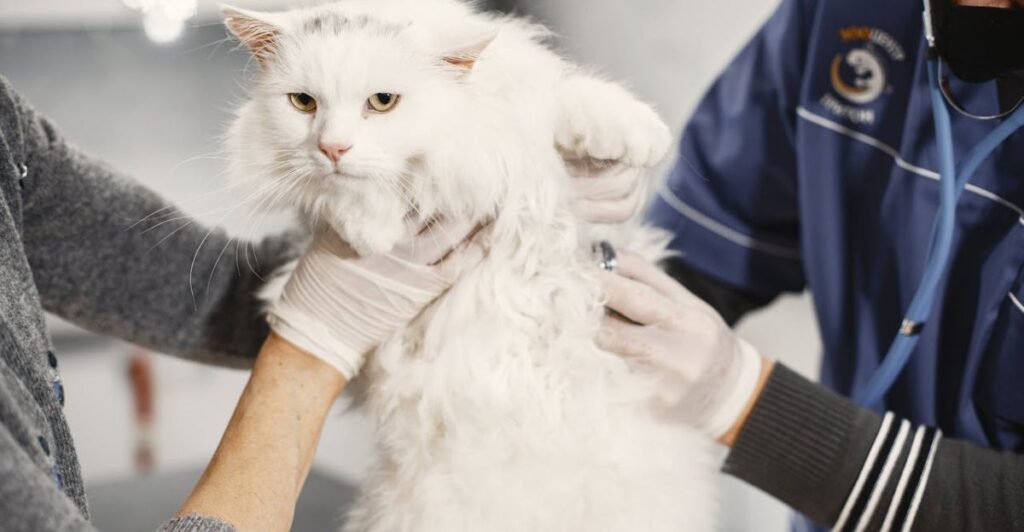
Strong smells can signal health issues like infections or digestive problems. If odors persist despite cleaning, consult a veterinarian. Conditions like kidney disease can affect a cat’s natural scent. Addressing these problems improves your pet’s well-being and eliminates the source of stubborn smells. Never ignore unusual or persistent odors.
11. Odor-Control Cat Litter Choices
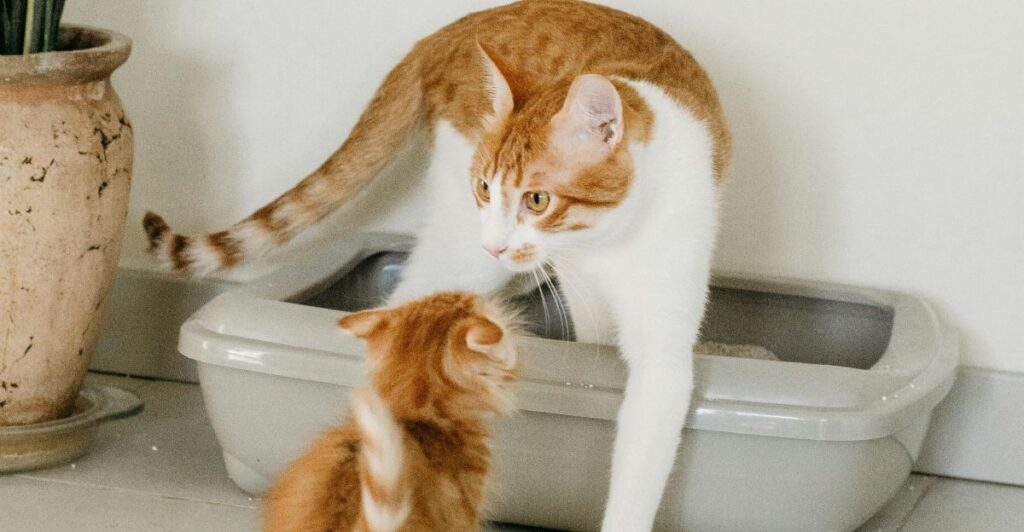
Premium cat litter can reduce odors. Look for silica crystal or activated carbon varieties, which trap smells more effectively than standard clumping options. Multi-cat households benefit from scented litter designed explicitly for high-traffic use. Replace litter fully every week to prevent the accumulation of ammonia and ensure optimal odor control.
12. Regular Cleaning of Hard Surfaces

Hard floors and walls often hold unnoticed odors. Use pet-safe disinfectants to mop floors and wipe down surfaces weekly. Avoid ammonia-based products, which can mimic the urine scent and confuse cats. This cleaning routine keeps your home smelling fresh while preventing bacteria buildup.
Stay connected with us for more stories like this! Follow us to get the latest updates or hit the Follow button at the top of this article, and let us know what you think by leaving your feedback below. We’d love to hear from you!







